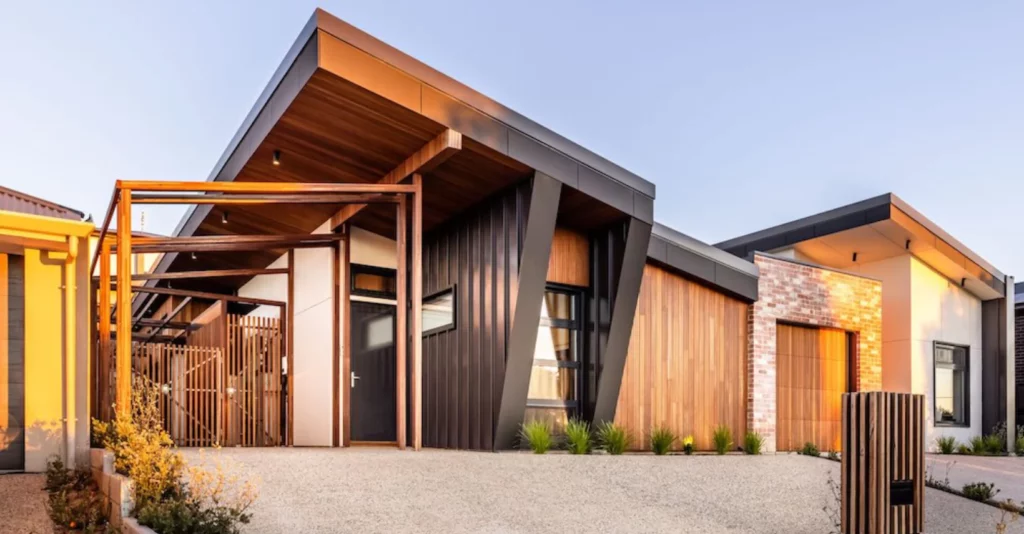
Beyond the Bulb: Comprehensive Energy Efficient for Modern Homes
In the quest for a more sustainable and cost-effective lifestyle, modern homeowners are looking well beyond the simple switch to LED bulbs. Today’s energy efficient strategies encompass a holistic approach, addressing every aspect of home living, from the building materials and insulation to the heating, cooling, and even landscaping choices. This comprehensive approach not only significantly reduces a home’s energy consumption and utility bills but also enhances the overall comfort and value of the property. Implementing these solutions requires a combination of informed decision-making, innovative technology, and sometimes an upfront investment, but the long-term savings and environmental benefits make it a worthwhile endeavor. This article explores the depth and breadth of options available to modern homeowners eager to achieve comprehensive energy efficiency in their homes.
Optimizing Home Insulation and Design
A well-insulated home is fundamental to energy efficient, acting as a thermal barrier that keeps the interior temperature stable regardless of outdoor conditions. Modern insulation techniques and materials, such as spray foam, rigid insulation boards, and reflective barriers, can dramatically improve a home’s energy performance. Additionally, thoughtful home design, including strategic window placement for natural light and heat, and the use of thermal mass materials that absorb and slowly release heat, can further reduce reliance on artificial heating and cooling. These design principles not only contribute to a home’s energy efficiency but also its aesthetic appeal and comfort.
Leveraging Smart Home Technologies
The advent of smart home technology has revolutionized the way homeowners manage their energy use. Smart thermostats, which adjust heating and cooling based on real-time needs and preferences, smart lighting systems with motion sensors and automated schedules, and energy-efficient appliances all play a pivotal role in reducing energy consumption. Moreover, home energy management systems can monitor and control energy use across the entire house, identifying areas for improvement and allowing homeowners to make adjustments accordingly. These technologies not only make energy conservation more manageable but also add a layer of convenience and control to modern living.
Embracing Renewable Energy Solutions
For those looking to take their energy efficiency efforts to the next level, incorporating renewable energy solutions is a game-changer. Solar panels, the most popular and accessible option, can significantly offset a home’s electricity needs, with the potential to generate surplus energy that can be sold back to the grid. Other renewable options, like small wind turbines and geothermal heating and cooling systems, although more dependent on specific geographical conditions, offer alternative routes to self-sufficiency and sustainability. The initial setup cost of these systems is often offset by long-term savings and various government incentives designed to encourage renewable energy adoption.
Achieving comprehensive energy efficient in modern homes goes far beyond simple fixes; it requires a holistic and informed approach to how homes are built, maintained, and powered. From optimizing insulation and smart design to leveraging cutting-edge technologies and renewable energy sources, the possibilities for creating an energy efficient home are broader and more accessible than ever. While the journey to full energy efficiency may involve upfront investments and a shift in lifestyle, the environmental impact, long-term savings, and improvement in living conditions offer ample rewards, making it a compelling choice for modern homeowners.
Read More:
Innovations in Energy Efficiency: Trends and Technologies for Sustainable Home Living
Eco-Friendly Upgrades: Implementing Energy Efficient Solutions in Your Home